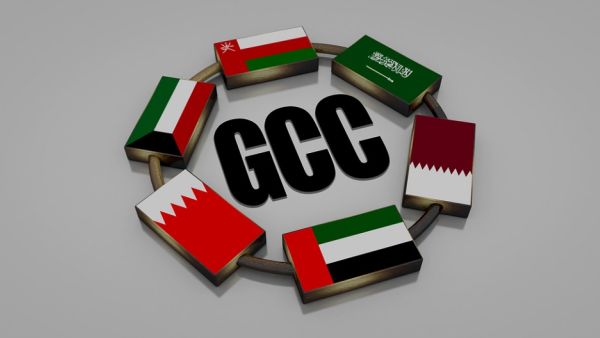All GCC countries, barring Bahrain, will see positive real GDP growth in 2020 despite a massive cut in growth rates due to the impact of coronavirus and a decline in hydrocarbon earnings.
While most will slip into recession this year due to lockdowns and growing restrictions by governments on the movement of people due to the outbreak of Covid-19, oil-exporting Gulf countries will still be able to maintain positive growth as the impact of lower prices will be offset by increased crude production, which will help them to stay in positive territory.
The UAE and Saudi Arabia have already announced that they will increase oil production from April 2020 after Opec's talks with Russia collapsed and all production limits were scrapped.
Saudi Aramco plans to raise its output capacity to 13 million bpd from 12 million bpd while the UAE would accelerate plans to raise capacity to five million bpd. Its capacity was expected to be four million bpd by the end of 2020. However, the region will not go through this turbulent phase unscathed, with current account balance shifting from surplus to deficit and non-resident capital flows will also decline.
According to the Institute of International Finance (IIF), Kuwait, Saudi Arabia, and the UAE will post growth rates of 0.8 percent, 0.7 percent and 0.6 percent, respectively, in 2020. Qatar and Oman will see 0.4 percent and 0.2 percent growth, respectively, but Bahrain will witness negative growth of 0.7 percent.
"We assume modest increases in oil production in Saudi Arabia, the UAE and Kuwait, leading to higher headline growth," Garbis Iradian, chief economist for the Mena at the IIF, said.
"Governments are trying to mitigate the economic damage with stimulus packages, but many are starting from a weak position. Central banks in the region have cut policy rates and announced plans to provide liquidity to financial institutions, particularly those lending to SMEs. Mena countries with limited fiscal space to ramp up public services and support affected sectors [including Algeria, Iraq, Bahrain, Oman, Lebanon and Tunisia] would face substantial pressure," he added.
"Saudi Arabia's decision to increase oil production to 12 million bpd until June, will support GDP growth in 2020," said Madhavi Bokil, vice-president-senior credit officer at Moody's Investors Service. Moody's noted that Saudi Arabia is the only nation in the G20 countries that will see a positive growth of 1.5 percent this year.
Meanwhile, Capital Economics paints a gloomy picture for the Mena region, predicting 1.7 percent negative growth but Saudi Arabia will outshine and grow by 2 percent this year.
GCC to grow, Mena won't
According to the IIF, overall Mena region growth will contract by 0.3 percent but GCC region will see positive growth of 0.6 percent.
It estimated that nine Mena oil exporters would see a fall in hydrocarbon earnings in 2020 of $192 billion - 11 percent of GDP. Consequently, the cumulative current account balance would shift from a surplus of $65 billion in 2019 to a deficit of $67 billion in 2020, and the fiscal deficit would widen from 2.9 percent of GDP to 9.1 percent.
The forecast is based on baseline scenario of an average oil price of $40 per barrel.
"We expect growth in Mena oil importers to decline by 2.4 percent to 0.8 percent in 2020, the lowest since the early 1990s. The potential benefits of lower oil prices are unlikely to overcome the drag from dramatic limits on movement of people and goods within national borders to prevent unchecked spread of the virus, along with deep ties to oil exporters in the region as well as to economies elsewhere that are already seeing rapid contraction," said Iradian.
Resident outflows - mostly in the form of sovereign wealth funds - will also decline sharply from $215 billion in 2019 to $136 billion in 2020, reflecting the increasing need to tap SWFs to finance the large deficits.
Nonetheless, official reserves are expected to drop by $120 billion - mostly in Saudi Arabia, Algeria, Iraq and Iran. "We also project a sharp decline in the cumulative SWFs of Kuwait, Qatar and the UAE," he said.








